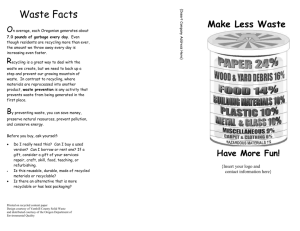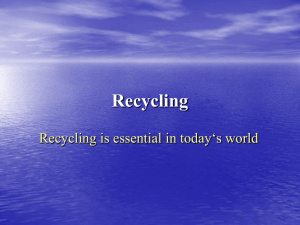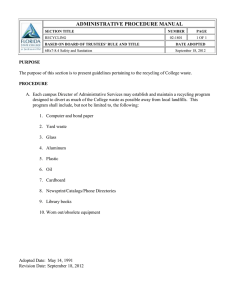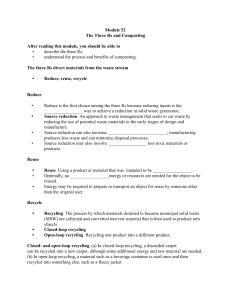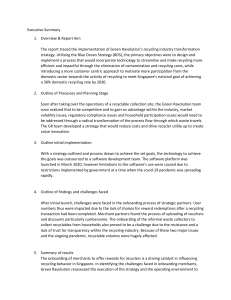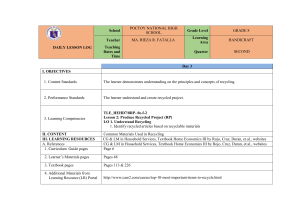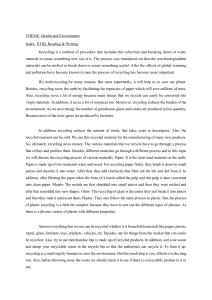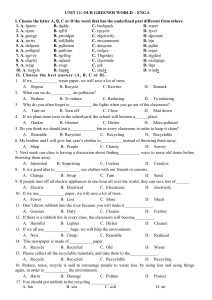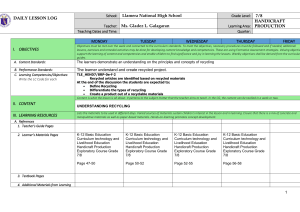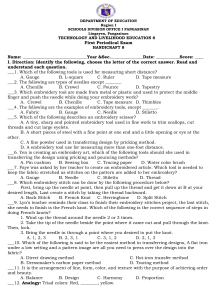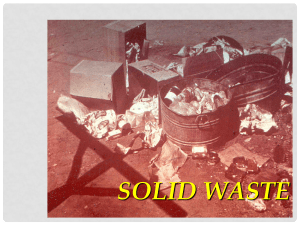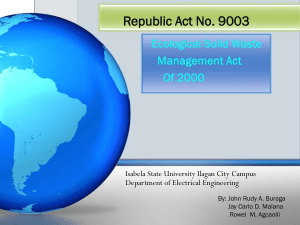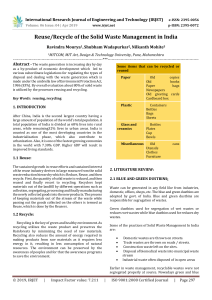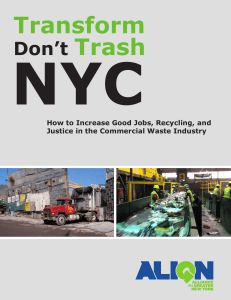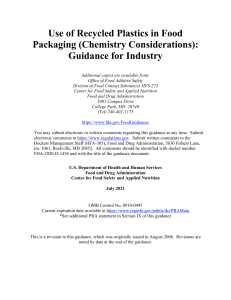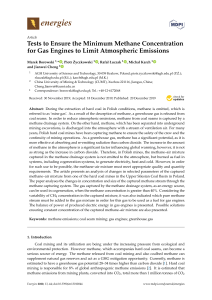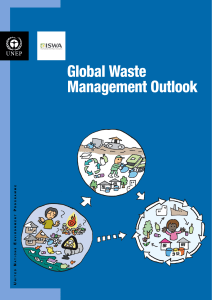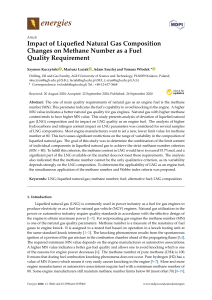Abstract
advertisement
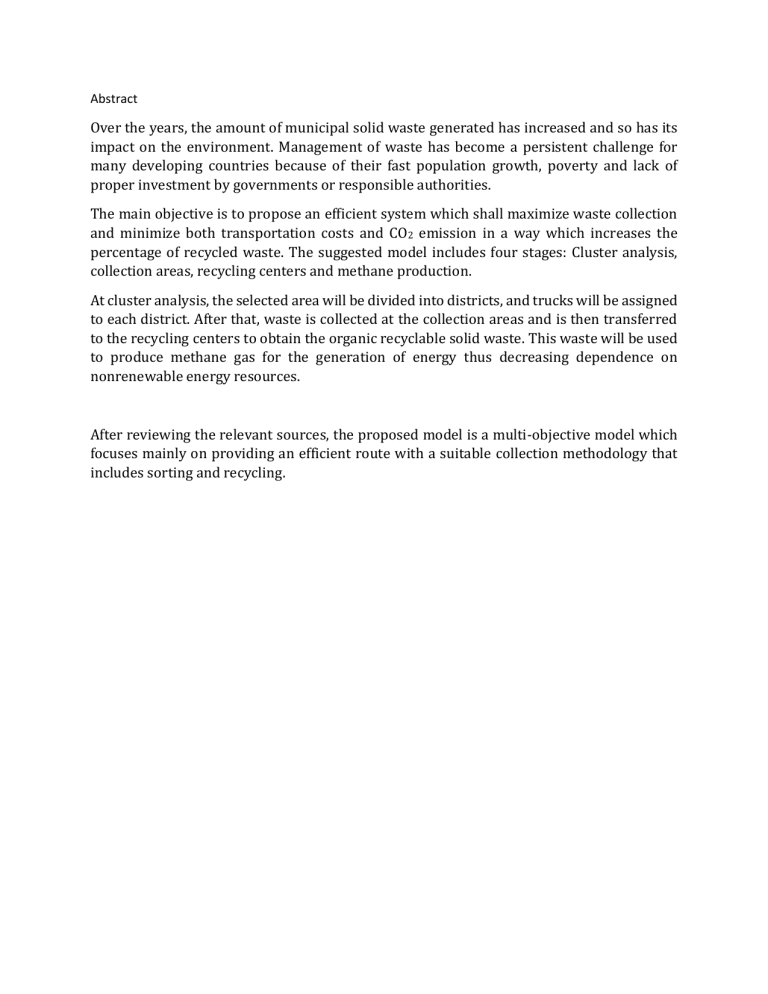
Abstract Over the years, the amount of municipal solid waste generated has increased and so has its impact on the environment. Management of waste has become a persistent challenge for many developing countries because of their fast population growth, poverty and lack of proper investment by governments or responsible authorities. The main objective is to propose an efficient system which shall maximize waste collection and minimize both transportation costs and CO2 emission in a way which increases the percentage of recycled waste. The suggested model includes four stages: Cluster analysis, collection areas, recycling centers and methane production. At cluster analysis, the selected area will be divided into districts, and trucks will be assigned to each district. After that, waste is collected at the collection areas and is then transferred to the recycling centers to obtain the organic recyclable solid waste. This waste will be used to produce methane gas for the generation of energy thus decreasing dependence on nonrenewable energy resources. After reviewing the relevant sources, the proposed model is a multi-objective model which focuses mainly on providing an efficient route with a suitable collection methodology that includes sorting and recycling.

